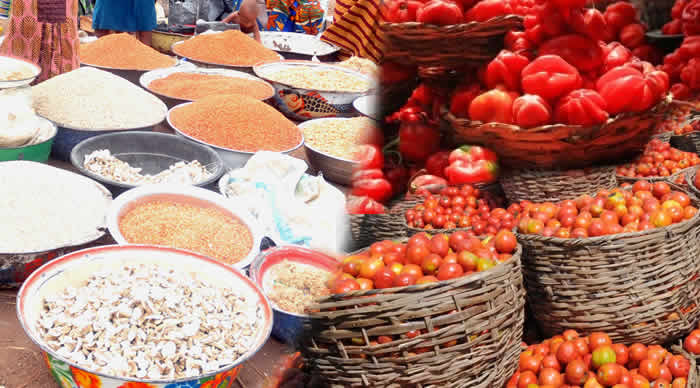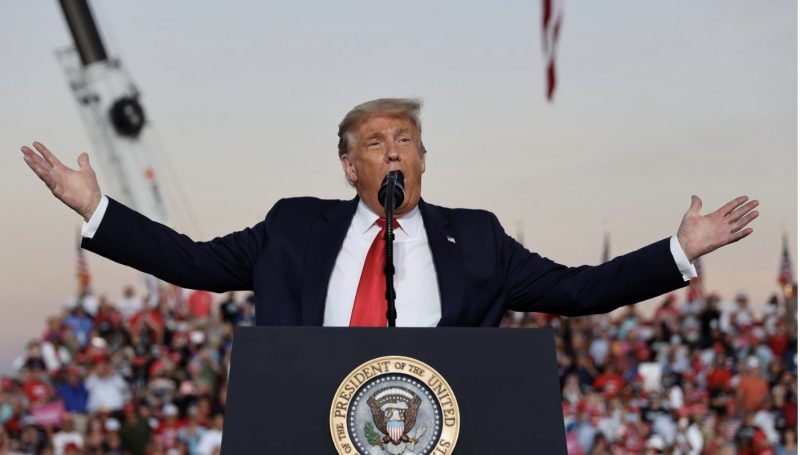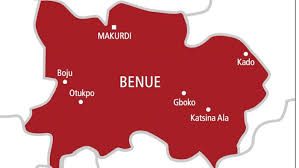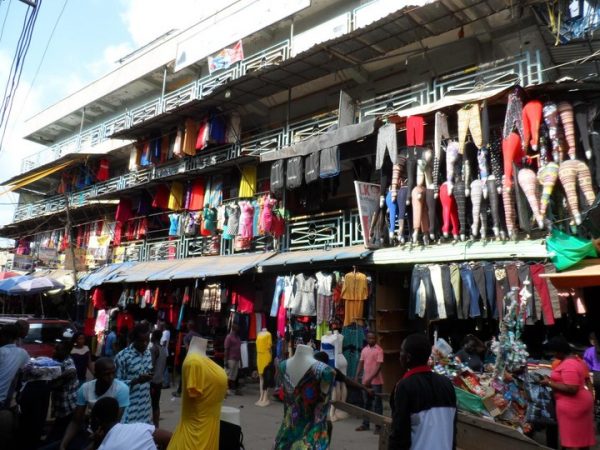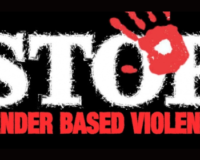Saudi Arabia and United Arab Emirates (UAE) have set aside about $13 billion to protect poor families from the ripple effects of high food prices.
The two biggest Gulf economies will use the fund to stockpile essential commodities as well as distribute direct cash transfers to support social security beneficiaries, according to reports.
Since the beginning of the Russia-Ukraine war, the spike in energy prices has caused nations to witness high living and food costs.
The Saudi Press Agency reported that the Saudi Arabia authority would provide $5.3 billion (about 20 billion riyals) to support citizens in stockpiling strategic stocks — with almost half of the amount distributed as direct cash transfers.
Under the royal allocation, 10 billion riyals will go to the beneficiaries of the social security, account citizen programme, and an additional salary to eligible citizens.
Saudi King Salman Bin Abdulaziz ordered the allocation “to protect the beneficiary families from the repercussions of the effects of global price hikes.”
The UAE government would support Emirati families with a total household income of up to 25,000 dirhams, with about 28 billion dirhams ($7.63 billion).
According to a report by The National, eligible Emiratis will also receive 85 percent discount on the cost of petrol above Dh2.10 per litre — the current price is Dh4.6 — as part of a series of measures designed to ease rising inflation. The new price is similar to the cost of petrol in 2015 when the nation ended subsidy regime.

